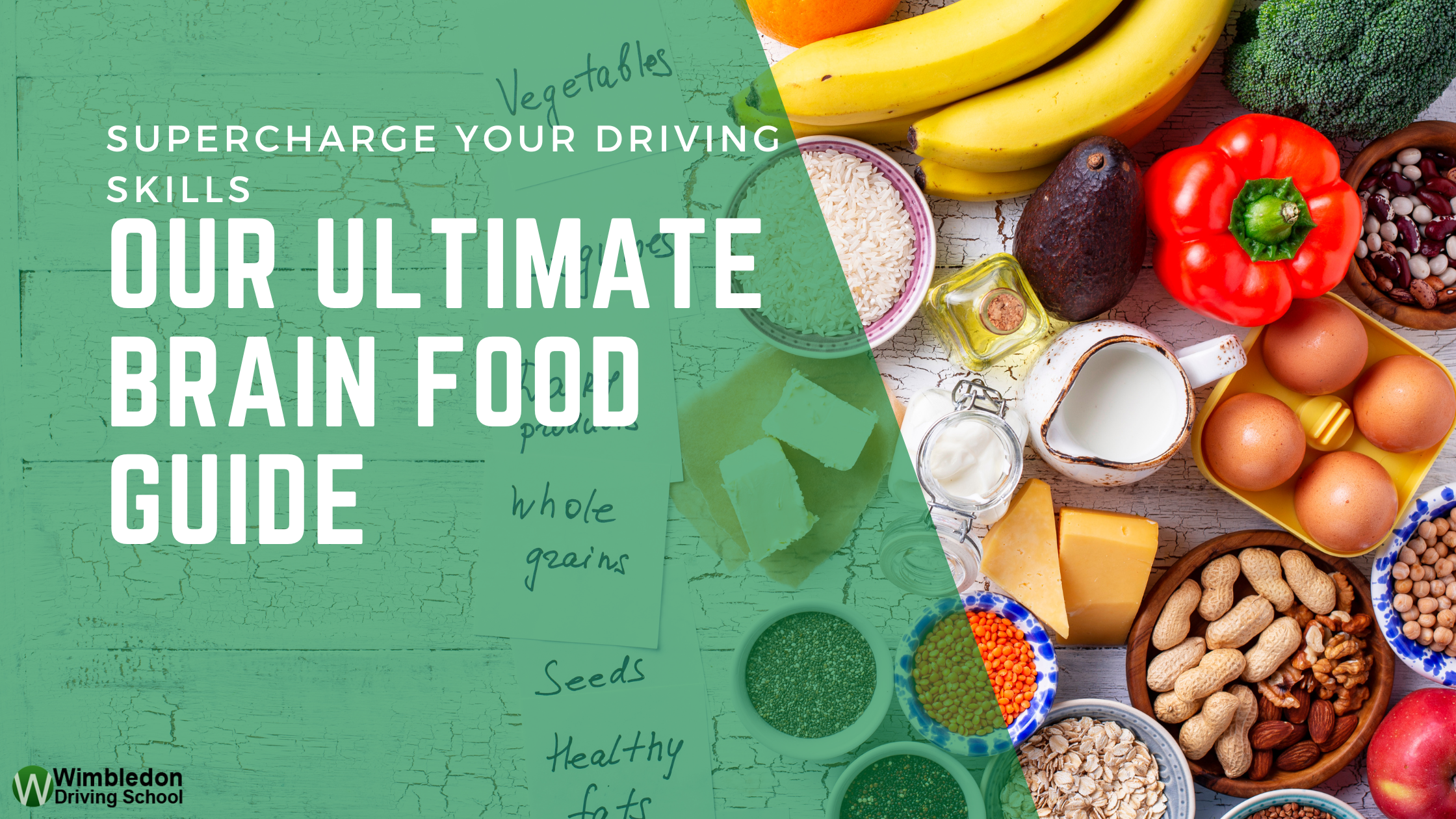Are you a driving student looking to take your skills to the next level? Look no further than the power of nutrition! A well-nourished brain can be your secret weapon in mastering driving skills, and adopting a healthy diet can help you become a more competent driver.
The Connection Between Food and Learning
Proper nutrition is crucial for optimal cognitive function, including memory, concentration, and decision-making – all essential skills for perfecting the art of driving. Unfortunately, many driving students overlook this vital aspect, attending their lessons on an empty stomach, which inevitably hampers their performance.
The Relevance of a Healthy Diet for Driving Students
Imagine being a driving student eager to master the art of navigating the roads. By fuelling your body with the right nutrients, you’ll unlock a world of enhanced learning capabilities and accelerated driving skill acquisition. Researchers from Loughborough University discovered that drivers who consumed a mere 25ml of water per hour committed twice as many errors as their well-hydrated counterparts. Astonishingly, this error rate is on par with those who’ve consumed the legal limit of alcohol!
Macronutrients
Carbohydrates
Carbohydrates are the primary source of glucose, which fuels your brain, keeping it alert and focused. Driving students should consume complex carbohydrates like whole grains, fruits, and vegetables to maintain consistent energy levels during lessons.
Proteins
Proteins are vital for producing and regulating neurotransmitters, the brain’s chemical messengers, which influence learning and memory. Driving students should consume lean protein sources like poultry, fish, beans, and nuts to support optimal brain function.
Fats
Fats are essential for maintaining brain structure and function, as they make up a significant portion of the brain’s dry weight. Driving students should incorporate healthy fats from sources like avocados, nuts, seeds, and oily fish into their diets.
Micronutrients
Driving students should consume a balanced diet with plenty of whole grains, lean proteins, and a variety of fruits and vegetables to ensure sufficient vitamin and mineral intake.
Hydration and Its Impact on Learning and Memory
Water is vital for maintaining cognitive function, and dehydration can negatively impact driving students by causing fatigue, poor concentration, and reduced reaction times. Driving students should aim to drink water regularly throughout the day and bring a water bottle to their lessons to ensure optimal hydration.
Impact of Food Timing on Learning and Memory
A nutritious breakfast sets the foundation for the day, providing the brain with the fuel it needs to function optimally. Driving students should consume a balanced meal containing complex carbohydrates, lean proteins, and healthy fats approximately 1-2 hours before their driving lesson for optimal cognitive function.
Negative Effects of Unhealthy Food Choices on Learning and Memory
Consuming high sugar and high-fat foods can lead to energy crashes and impaired cognitive function, hindering the learning process. Driving students should opt for whole, unprocessed foods and minimise their intake of high sugar, high-fat, and processed options.
Practical Tips for Driving Students to Improve Nutrition and Cognitive Function
Driving students should plan and prepare balanced meals ahead of time, opt for healthy snacks like fresh fruits, nuts, or yogurt, and surround themselves with like-minded individuals to maintain healthy eating habits.
Conclusion
Nutrition plays a critical role in cognitive function and learning capabilities, making it essential for driving students to prioritise a healthy diet. By adopting healthy eating habits, staying hydrated, and fuelling their brains with the right nutrients, driving students can significantly improve their learning and memory retention, ultimately becoming safer and more skilled drivers.
So, make the smart choice and embrace the power of proper nutrition to fast-track your journey to becoming an exceptional driver!







